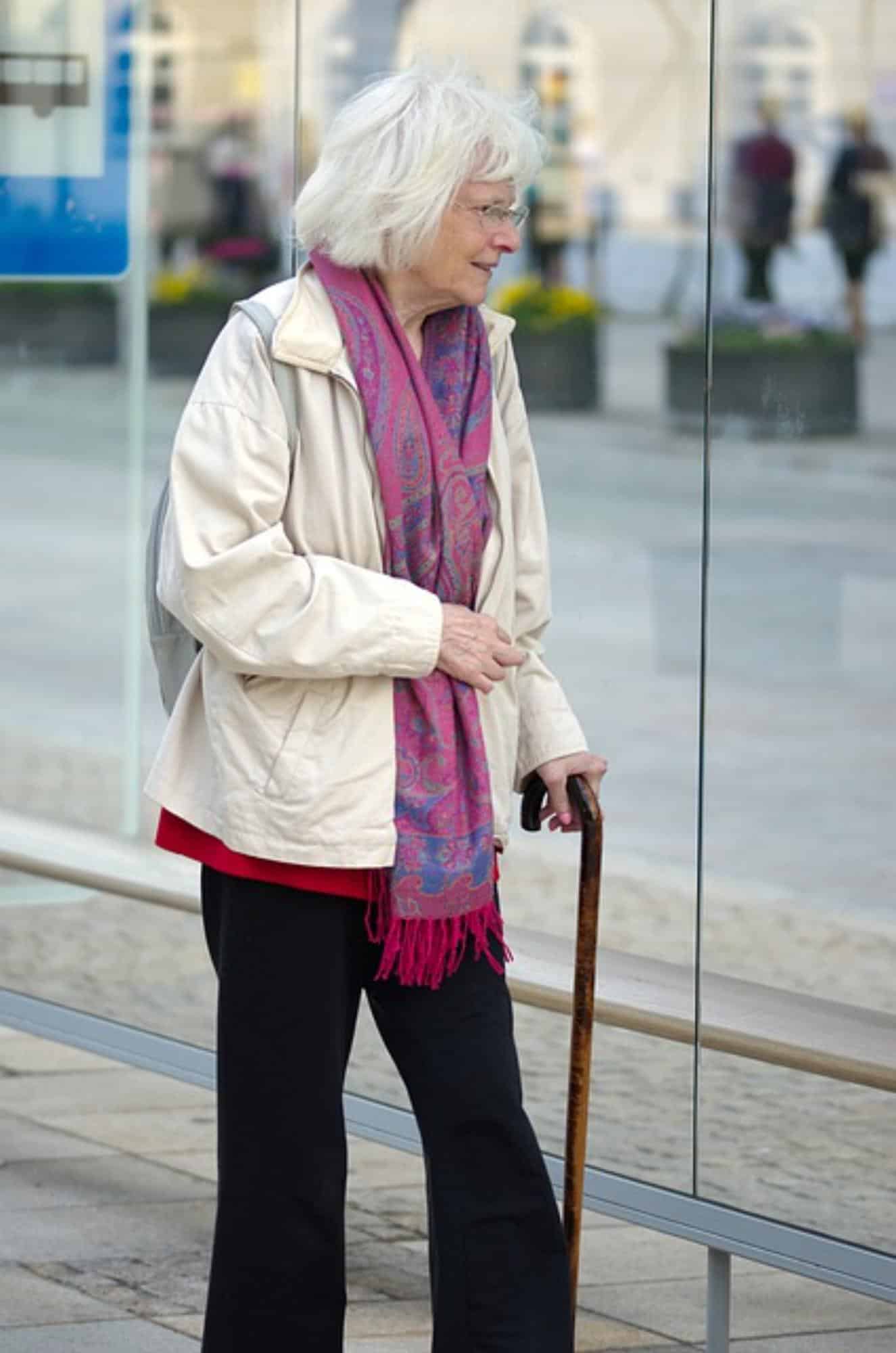Reducing The Fall Risk For Your Senior Loved One Is A Worthwhile Endeavor
Falling can destroy an individual’s quality of life. Accordingly, you’ll find that it’s a worthwhile endeavor to reduce the fall risk for your loved ones. Pegasus caregivers in Pacific Palisades and elsewhere offer these tips for improving the safety of your senior.
Anyone can fall at any time from a variety of causes. However, the risk factors often increase slowly over the years. An elderly person may not realize they are at risk until they take a tumble.
Because many changes occur gradually, individuals unconsciously compensate. Adjustments or alterations they make in their movements or activities seem normal. For example, you may have noticed that your once steady-on-their-feet senior now shuffles but doesn’t consider that unusual.
Falling occurs when something hinders an individual’s ability to stay upright. Younger people can often “catch” themselves and not fall most of the time. Elderly individuals slowly lose their strength and balance, taking away their ability to stop a fall.
Risk Factors For Falling
Although every individual and every household is different, the causes of falls can be categorized as one of three types:
- Health – These risk factors are unique to each person. Your senior may be taking medications or have a condition that makes them weak or dizzy. They may be vision or hearing impaired.
- Environment – These are risk factors found in the home environment. Clutter, loose rugs, and poor lighting are common problems. If your senior goes outside, curbs, stairs, slippery sidewalks are hazards that can lead to a fall. Individuals who rely on mobility assistance, such as a cane or walker, can fall if the device isn’t used correctly.
- Random – These fall risks are generally due to sudden or out-of-the-ordinary events. Being pulled off balance when walking a pet is one example. Someone from behind startling your loved one can cause them to fall.
Your senior may be at risk for falling from a combination of these factors. Your observations, and perhaps some sleuthing, can help you reduce the risk factors in each category.
Health Issues Are A Major Risk Factor
If you haven’t already, sit your senior down for a frank talk about their health. It’s essential that you know what their illnesses are. For example, if they have diabetes, they may be subject to periods of hypoglycemia, or low blood sugar.
Hypoglycemia can cause dizziness, weakness, numbness, and confusion. Those all put your loved one at risk for a fall. You’ll need to evaluate their eating patterns, especially if hypoglycemia is frequent.
To reduce the risk, you may need to intervene to ensure that they are eating when and what they should be. Are they taking their insulin as prescribed, and if so, does the dosage or timing need to be changed?
Learn about other illnesses and medications. Learn the side effects and interactions of each, so that you know what increases fall risk. Don’t forget to include any over-the-counter drugs and supplements in your evaluation.
Once you know which, if any, increase the risk of falling, learn if dosages or timing can be changed. If modifications aren’t possible, encourage your loved one to remain seated until it’s safe to move around. A caregiver may need to be present to sit with your senior.
Exercise Can Reduce Fall Risk
Exercise helps to strengthen muscles and improve balance. Physical therapists can customize gentle exercises if your loved one isn’t active. Pegasus therapists provide their assistance in the safety and privacy of your senior’s home.
A therapist can also help you evaluate the safety of the home environment. There may be hazards that you and your loved one don’t recognize as unsafe. Bathrooms aren’t the only place you can install grab bars that will improve safety.
As the restrictions around COVID-19 are eased, arrange to have your senior’s vision and hearing checked. Insist that they wear sensible shoes with non-slip soles. If they need assistive devices, a therapist can teach them the correct way to use them.
If your senior goes outside, take a walk with them. As you accompany them around, be on the lookout for any safety hazards. Repair or replace broken or uneven steps, and install railings.
As an experiment, put on ill-fitting shoes that will hinder how you walk. Then put on glasses that blur your vision and wear earplugs. Thus hampered, walk through your senior’s home and any outdoor areas in which they spend time.
While your experience won’t be quite the same as theirs, you’ll gain an idea of where and how they stumble. You’ll likely notice risk factors that you would otherwise overlook. Your awareness of what could cause a fall will help you improve your senior’s safety.
Pegasus is a licensed Home Care Organization and a Joint Commission Accredited Home Health Care organization. Our caregivers in Pacific Palisades and our other locations can help you evaluate the fall risk for your loved one. Our team personalizes our services to fit the needs of each individual.

